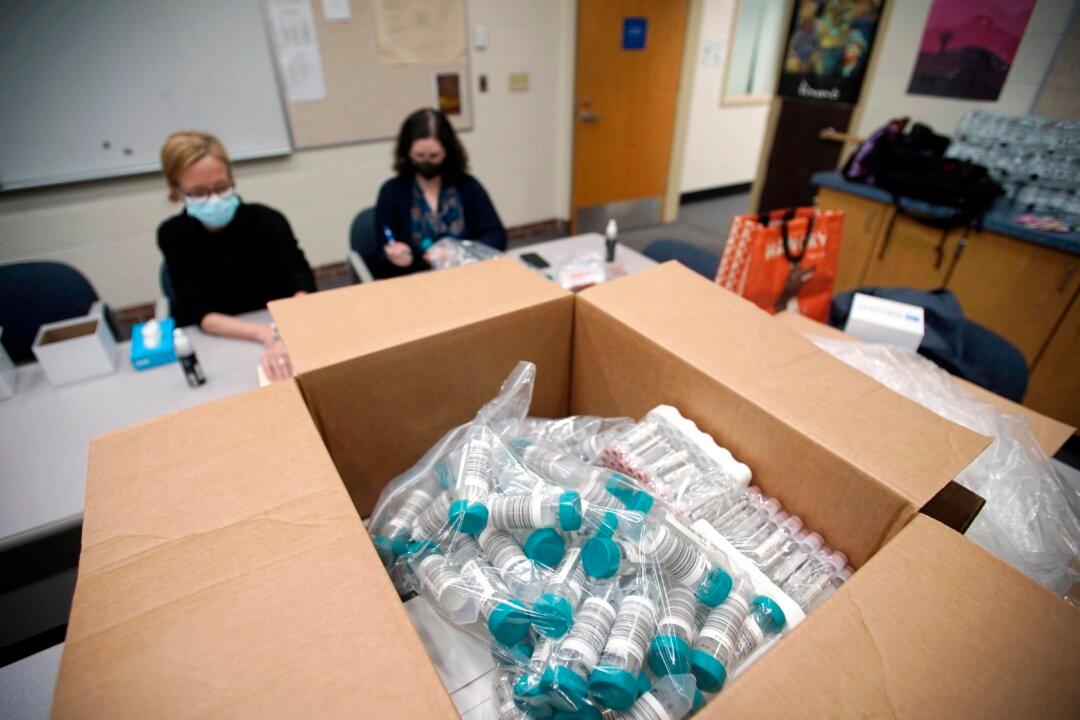As Massachusetts hospitals continue to hand out red slips to nurses for refusing to take the COVID-19 vaccine, members of the state’s largest nursing association gave testimony to lawmakers about escalating job pressures that have prompted an alarming number of nurses to quit.
“Morale is low, burnout is high, and many nurses are walking away from the bedside with no plan to return,” Mary Havlicek Cornacchia, a member of the Massachusetts Nursing Association Board of Directors, told the Epoch Times.




